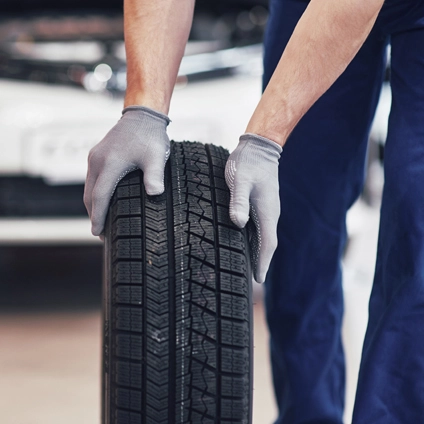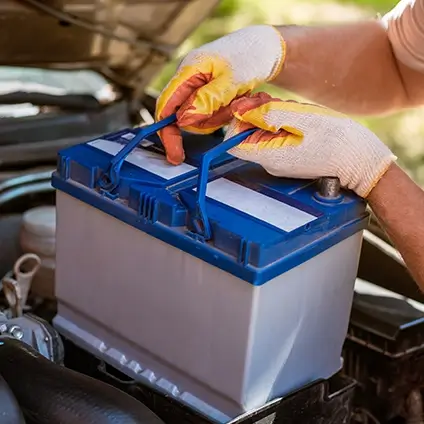Your vehicle's cooling system is designed to prevent the engine from overheating. This system consists of several components, including the radiator, thermostat, water pump, fan, and hoses. Any blockage in these components or damage to the water pump can cause the vehicle to overheat.
High temperatures increase the likelihood of a vehicle overheating. If the car is exposed to extended traffic congestion or carrying heavy loads, the engine may heat up more than usual, causing the cooling system to struggle and potentially leading to overheating.
For the cooling system to function properly, the vehicle must have adequate water and antifreeze levels. A lack of water or antifreeze deficiency can prevent the engine from being cooled efficiently, resulting in overheating.
The thermostat regulates the engine temperature. If the thermostat malfunctions, the engine may either overheat or not reach the optimal operating temperature, leading to performance problems.
The belts in the engine drive various components, including the water pump. If the belts are damaged or loose, the water pump may fail to circulate coolant properly, causing the vehicle to overheat.
What Happens When a Car Overheats?
An overheating engine signals a serious issue in your vehicle. It is crucial to have a professional inspect the car to prevent further damage. Overheating can cause the following types of damage:When a car overheats, the metal components inside the engine expand, affecting its normal operation. If left unaddressed, engine parts may wear out faster and reduce the engine’s lifespan.
Cylinder Head Damage
The cylinder head is responsible for the intake, compression, and exhaust processes. Excessive heat may cause the cylinder head to expand or deform, leading to leaks and reduced engine performance.
Cylinder Block Damage
The cylinder block, which forms the main body of the engine, can expand and develop cracks due to excessive heat. This results in pressure loss, compression failure, and reduced engine power.
Blown Head Gasket
If the cooling system fails, the head gasket may get damaged. A blown head gasket can cause coolant and engine oil to mix, leading to oil contamination and lubrication issues.
Decreased Oil Quality
Excessive heat can degrade engine oil quality. High temperatures accelerate oil oxidation, reducing its effectiveness. As a result, engine components experience increased friction and wear, shortening the engine's lifespan.
What to Do If Your Car Overheats?
In case of engine overheating, the first step is to stop the vehicle and allow the engine to cool down. Do not open the radiator cap immediately, as it may release pressurized steam, posing a serious risk to your safety.Once the engine has cooled, check the radiator and add clean water if necessary. After refilling, start the vehicle and monitor the temperature gauge. If the temperature returns to normal, you may continue driving cautiously.
To prevent overheating issues, regular vehicle maintenance and inspections are essential.
What Should the Engine Temperature Be?
For both gasoline and diesel engines, the optimal operating temperature should be between 85-90°C (185-194°F). If your temperature gauge remains within this range, your engine is functioning properly without overheating.
{{ item.Title }}
{{ item.Description }}
{{ item.ProductProperties.ProductName }}
{{ item.ProductProperties.ProductDescription }}

{{ item.Title }}
{{ item.Description }}


.webp?ext=.webp)
